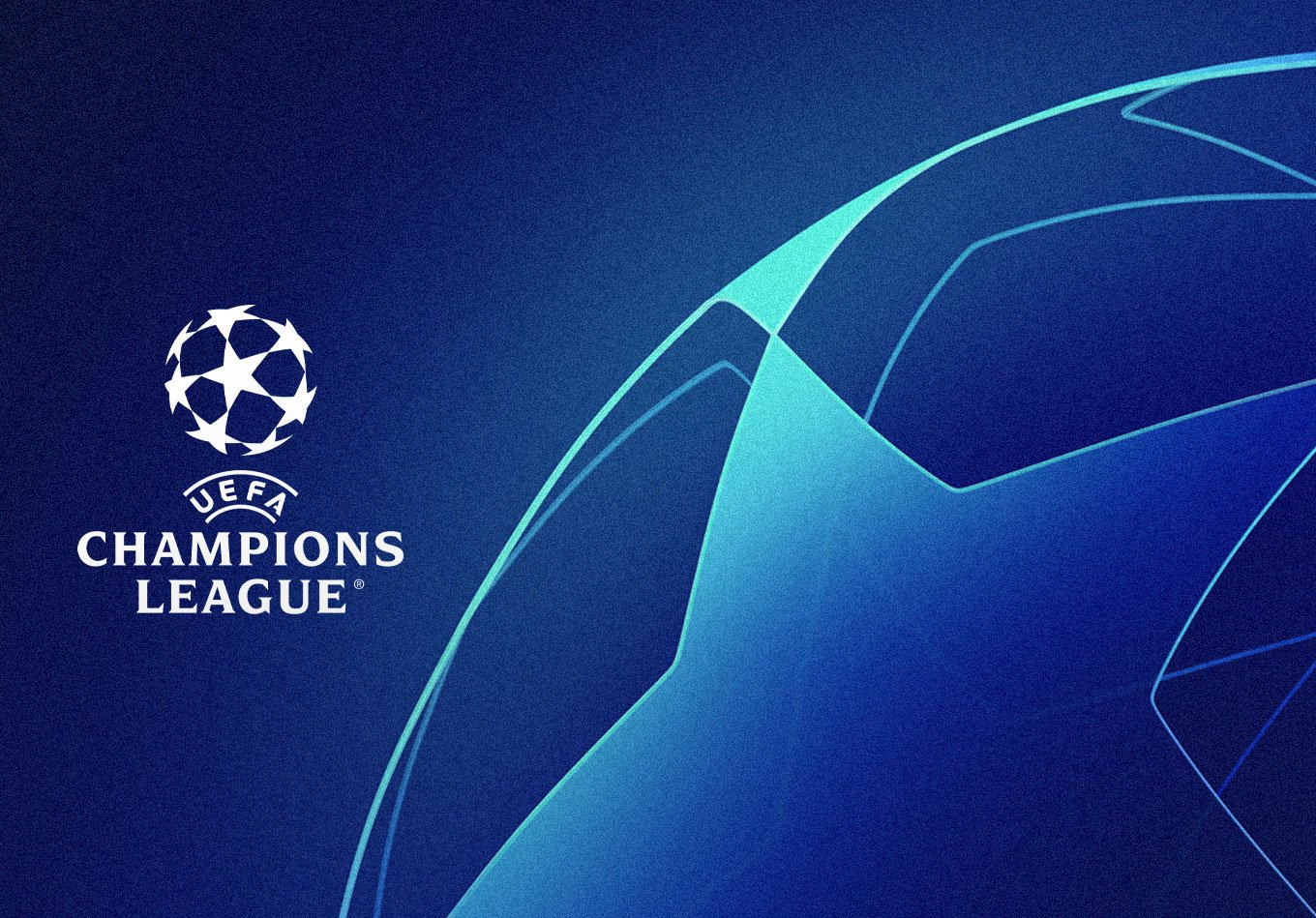The UEFA Champions League (UCL) is not just Europe’s premier football competition; it’s also a financial juggernaut. With billions of euros at stake, the tournament provides a lucrative opportunity for participating clubs to earn significant revenue. The prize money distribution plays a pivotal role in shaping clubs’ strategies and their ability to compete at the highest level.
In this article, we’ll break down the prize money allocation for the 2024/25 Champions League season, analyze its implications for clubs of varying financial capacities, and discuss how the tournament’s revenue-sharing model has evolved.
The Financial Powerhouse of European Football
The Champions League generates revenue through multiple channels, including broadcasting rights, sponsorships, and ticket sales. UEFA allocates this income to clubs based on their performance, historical success, and market size, creating a complex system of financial rewards.
For the 2024/25 season, UEFA has reportedly increased the total prize pool to €2.3 billion, reflecting the tournament’s growing popularity and commercial success. This figure includes payments to clubs for participation, performance, and market distribution.
Breakdown of UCL Prize Money 2024/25
Here’s how the prize money is distributed among the participating teams:
- Participation Fee:
Every club that qualifies for the group stage receives a guaranteed participation fee of €16 million. This ensures that even smaller clubs benefit financially from reaching the tournament. - Group Stage Performance Bonuses:
Clubs earn additional payments based on their performance in the group stage:- €2.8 million for a win
- €930,000 for a draw
- No payment for losses, incentivizing competitive performances.
- Knockout Stage Rewards:
Teams progressing to the knockout stages receive significant financial boosts:- Round of 16: €9.6 million
- Quarterfinals: €10.6 million
- Semifinals: €12.5 million
- Finalists: €15.5 million
- Winner: An additional €4.5 million, bringing the total to €20 million for the champion.
- Coefficient Ranking Bonus:
UEFA distributes €600.6 million based on a 10-year coefficient ranking. The highest-ranked team receives €36.4 million, while the lowest-ranked team earns €1.1 million. This system rewards clubs for consistent success in European competitions. - Market Pool Distribution:
Approximately €300 million is allocated based on the proportional value of TV markets in each participating country. Clubs from nations with larger broadcasting markets receive higher shares.
Impact on Clubs’ Finances
The prize money distribution system has far-reaching implications for clubs of all sizes.
1. Elite Clubs
For Europe’s biggest teams, Champions League revenue is a crucial component of their financial model. Clubs like Real Madrid, Manchester City, and Bayern Munich often use UCL earnings to fund marquee signings and maintain their dominance in domestic leagues.
2. Smaller Clubs
For smaller or mid-tier clubs, simply qualifying for the group stage can be transformative. The €16 million participation fee alone can cover a significant portion of their annual budget, enabling investments in infrastructure, youth development, and squad depth.
3. Financial Disparities
However, the prize money system also exacerbates financial disparities between clubs. Elite teams often secure larger shares of the revenue due to their consistent success and higher market pool allocations, making it challenging for smaller clubs to compete on equal footing.
Strategic Implications for Clubs
The financial stakes of the Champions League influence clubs’ strategies on multiple fronts:
1. Squad Investments
Clubs often prioritize building competitive squads capable of progressing in the tournament. The promise of UCL revenue encourages spending on high-quality players, even at the risk of financial strain.
2. Focus on European Qualification
For clubs in leagues like Serie A, La Liga, or the Premier League, securing a top-four finish to qualify for the Champions League is as important as winning domestic trophies. The financial rewards far outweigh those of secondary competitions.
3. Risk Management
Some clubs adopt conservative financial strategies, ensuring they don’t overextend their budgets in pursuit of UCL success. This approach is particularly common among smaller clubs wary of the risks associated with over-investment.
Evolution of the Prize Money System
Over the years, UEFA has adjusted the prize money distribution to reflect the competition’s growth and address concerns about fairness. Key developments include:
- Introduction of Coefficient Bonuses:
The coefficient ranking system rewards clubs for long-term success, ensuring historical giants receive financial recognition even if they underperform in a particular season. - Increased Revenue Sharing:
UEFA has gradually increased the total prize pool, ensuring more equitable distribution among participating clubs. - Market Pool Adjustments:
Efforts have been made to balance market pool allocations, though disparities remain a contentious issue.
Challenges and Controversies
While the Champions League is a financial boon for clubs, the prize money system isn’t without criticism.
- Widening Financial Gaps:
The system heavily favors elite clubs, making it difficult for smaller teams to close the gap. Critics argue that this undermines competitive balance in European football. - Reliance on UCL Revenue:
Some clubs become overly dependent on UCL earnings, risking financial instability if they fail to qualify. This is particularly evident in leagues with intense competition for European spots. - Impact on Domestic Leagues:
The financial incentives of the Champions League often overshadow domestic competitions, leading to concerns about diminishing interest in national leagues.
Fans’ Role in the Champions League Ecosystem
Fans are integral to the success of the Champions League, contributing to its financial power through ticket sales, merchandise, and TV viewership. As stakeholders in the sport, fans also have a voice in advocating for a more equitable distribution system that ensures competitive balance and sustainability.
The Champions League isn’t just a tournament; it’s a celebration of football’s global appeal and passion. Whether your team is chasing glory or defying the odds, your support matters.
Visit Aw8 online casino Singapore today to stay updated with the latest news, connect with fellow fans, and cheer for your favorite club. Together, let’s make this Champions League season one to remember!
The 2024/25 UEFA Champions League continues to be a stage where dreams are made and legends are born. As clubs vie for glory and financial rewards, the tournament reminds us of football’s enduring magic and the unbreakable bond between teams and their supporters.
